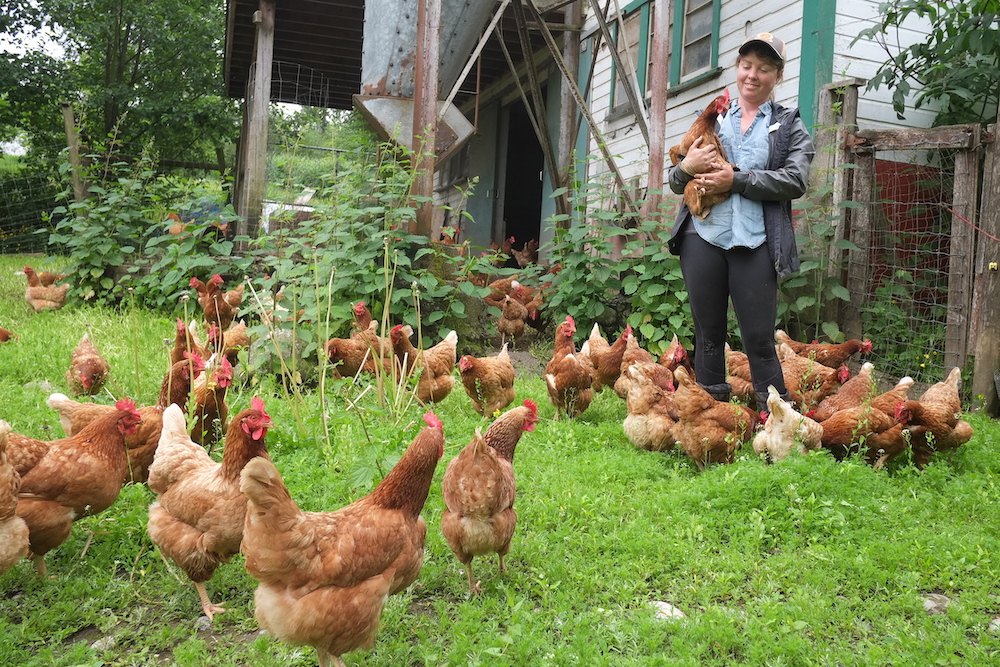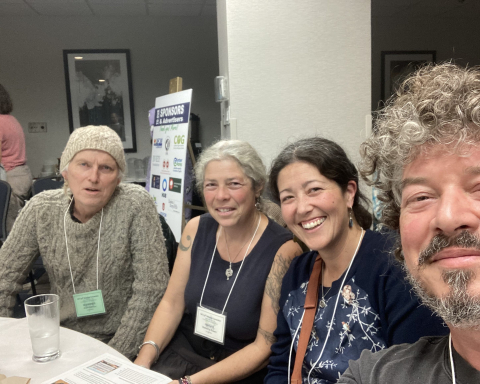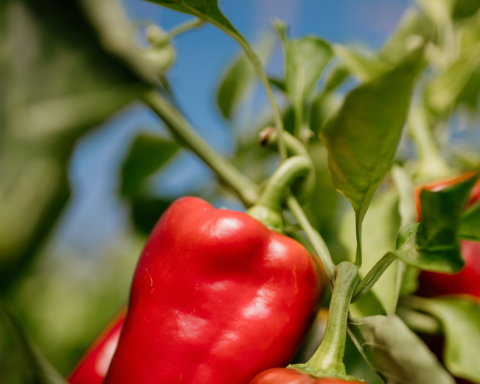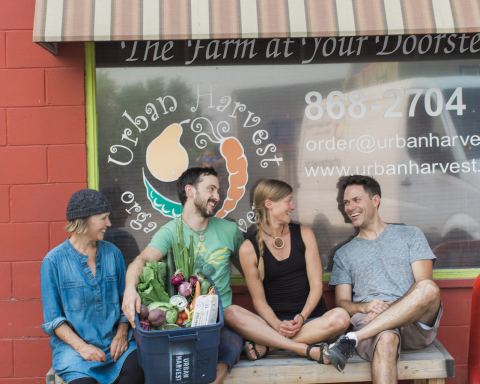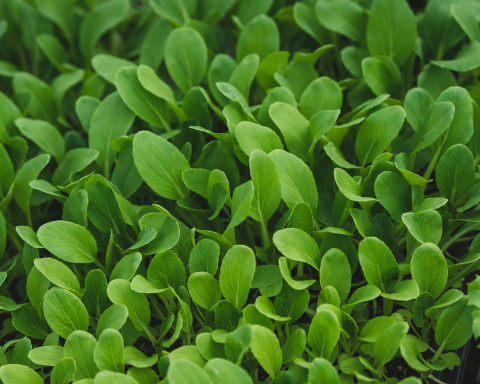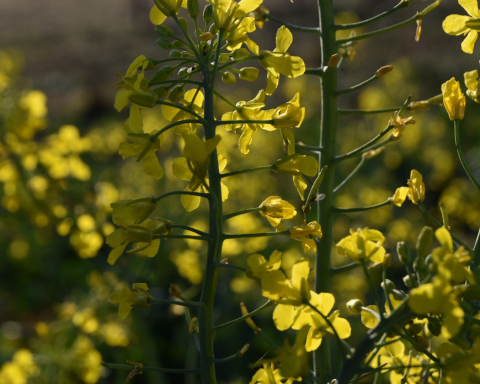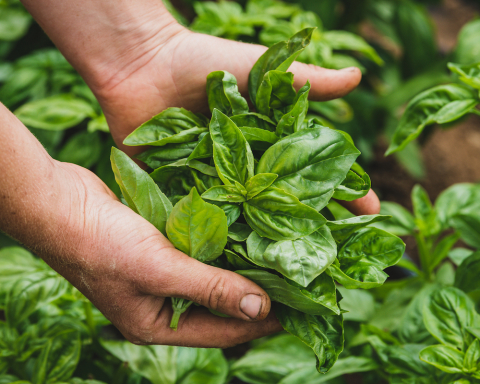Julia Zado
Tackling climate change is a daunting task. With each season we see drastic weather events affecting farmers across Canada. The food we eat and how it is grown can and does have a significant impact on climate. Farmers are on the frontline of the climate crisis and are in a unique position to positively impact climate change.
In 2019 FarmFolk CityFolk released “Climate Change Mitigation Opportunities,” a report researched and written by Shauna MacKinnon. This report aims to change the narrative that climate change cannot be stopped. Although some agricultural practices create significant greenhouse gas emissions, agriculture has the potential to deliver fast and effective climate solutions.
“Our report is eye opening. We want to move the conversation from adapting to climate change, to mitigating and stopping climate change,” says Anita Georgy, Executive Director for FarmFolk CityFolk.
According to MacKinnon, changing the climate conversation is possible and already in motion: “individuals and communities are already shifting energy use and changing land management in ways that can prevent climate change from reaching its worst potential.”
The report demonstrates that in order for Canada to meet its greenhouse gas reduction targets, policies and programs must include agriculture and food systems. This will allow for a much larger and inclusive conversation between communities to make necessary changes, “helping shift the climate conversation from abstract to tangible, inadequate to meaningful. Agriculture and food systems are one of the keys to unlocking a lower carbon future and motivating action.”
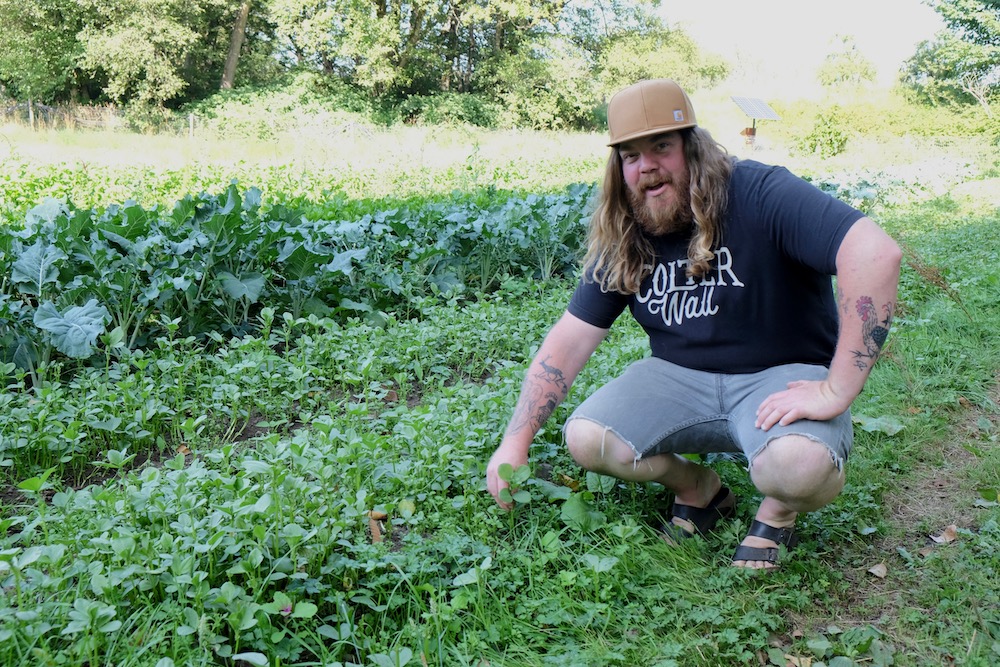
The agriculture industry produces greenhouse gas emissions; however, it also has the unique ability to absorb carbon and incorporate it into the soil, which in turn improves the health of the soil. Much research is being done about exactly what practices are most effective, and how to store carbon for the long term. Healthy soil with higher carbon levels not only increases crop yields, it also holds more water and can better withstand the extreme weather effects of climate change such as drought or heavy rainfall.
The report details how certain farm-level management practices can increase or deplete organic carbon in the soil, using regenerative methods of farming and grazing that focuses on rebuilding and restoring soil. Without the use of synthetic fertilizers or inputs, restored soil health can improve productivity and carbon drawdown.
“There are a wide range of on-farm practices that can help both reduce greenhouse gas emissions, and mitigate climate change that many BC farmers are already using, and saving money at the same time,” says Georgy.
Glorious Organics, a cooperatively owned and operated farm in Aldergrove, is dedicated to soil conservation techniques including low-till, cover cropping, and intercropping. Committed to climate solutions, Glorious Organics has reduced greenhouse gas emissions by switching to a solar water pump system from a gas system, which has the added benefits of reducing water use, thanks to partial funding from the Environmental Farm Plan.
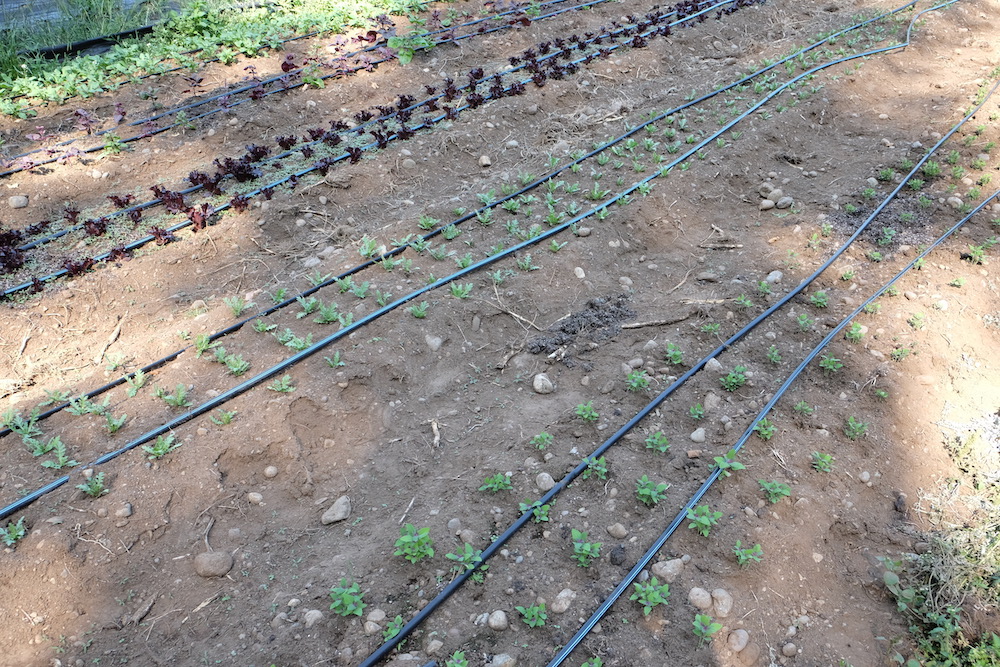
With its emphasis on carbon storage to rebuild soil health, regenerative agriculture offers different strategies to manage and reduce reliance on external inputs. “These practices can also provide additional co-benefits, such as improved water holding capacity and increased habitat for biodiversity,” says MacKinnon. “The integration of livestock and annual crop production is an important part of these approaches, diversifying production, breaking up pest cycles, and providing manure to replace synthetic fertilizers.” For example, Shirlene Cote, of Earth Apple Farm in Glen Valley, rotates her chickens through the fields, both to control pests and provide natural fertilizer.
In the report, MacKinnon recommends prioritizing “agricultural practices that can store carbon, produce nutrient-rich food, improve water management, and provide greater biodiversity.”
The report calls for policymakers at all levels of government—federal, regional, and municipal—to fully engage in a reduction of greenhouse gas emissions across all sectors, agriculture and food systems included. The changes suggested represent a major shift in Canadian agriculture—a shift that requires support from all of us.
MacKinnon concludes, “there is much room for improvement in Canadian agriculture production, from reducing nitrous oxide emissions in the Prairies to reducing livestock methane. Beneficial management practices have already been identified to begin to reduce emissions and reduce the reliance on external inputs, and producers are continuing to push the boundaries in finding more sustainable production methods.”
“Agriculture and food systems contribute less emissions compared to the transport and energy sectors and for that reason have potentially not been a focus of federal and provincial level mitigation strategies as of yet. The time has come for us to join the conversation,” says Georgy.
In February 2020, FarmFolk CityFolk announced its participation in Farmers for Climate Solutions, a new national alliance of farmer organizations and supporters. “The ultimate goal for Farmers for Climate Solutions is to impact policy change,” says Georgy. The alliance is calling for Canadian agricultural policies that help farmers mitigate and adapt to climate change, and support the increased use of low-input, low-emissions agricultural systems.
Farmers for Climate Solutions is a collaborative effort led by the National Farmers Union, Canadian Organic Growers, FarmFolk CityFolk, Rural Routes to Climate Solutions, the Ecological Farmers Association of Ontario, Equiterre, and SeedChange.
This new alliance will give farmers a platform to share stories about climate impacts, practical solutions and policy recommendations, and engage Canadians to support their vision. Farmers for Climate Solutions includes a pledge for both farmers and the general public. Farmers and supporters are encouraged to sign the alliance’s pledge and add their voices towards achieving climate-friendly agriculture while maintaining farm livelihoods.
“Individuals can support change through their everyday food choices. This is an opportunity to strengthen the connection between food products and climate change, and promote further dialogue,” says Georgy.
So far over 600 farmers and engaged citizens have signed the pledge.
Julia Zado is the Engagement Manager for FarmFolk CityFolk and is passionate about supporting local farmers and small scale producers. farmfolkcityfolk.ca
Feature image: Shirlene Cote, operates Earth Apple Organic Farm and is one of the Western Canada spokespeople for Farmers for Climate Solutions. Photo by Brian Harris


